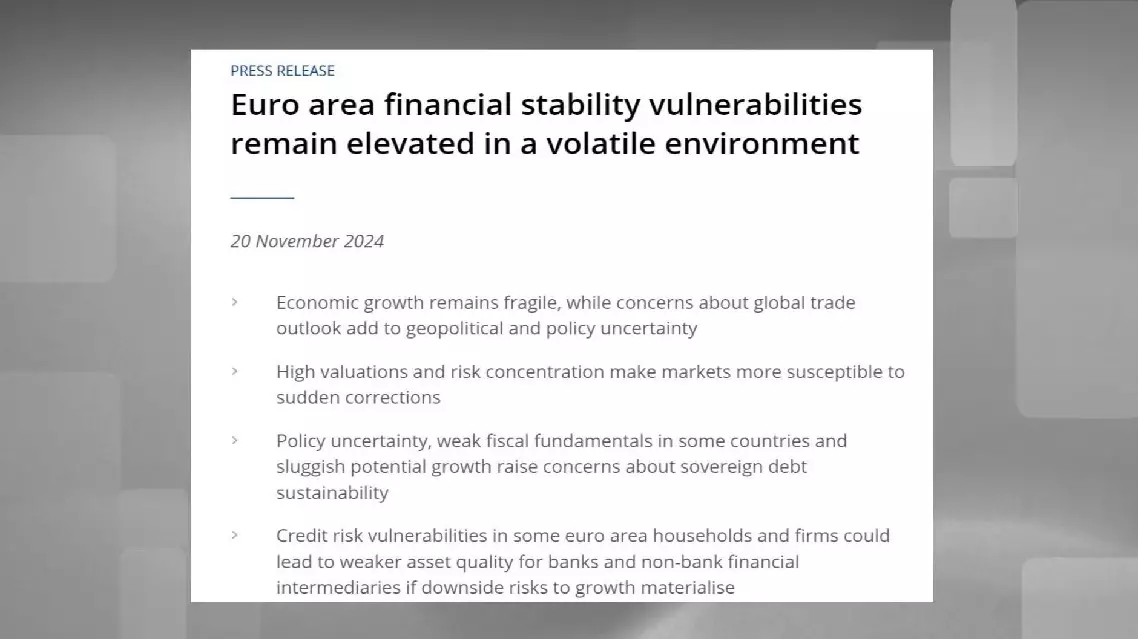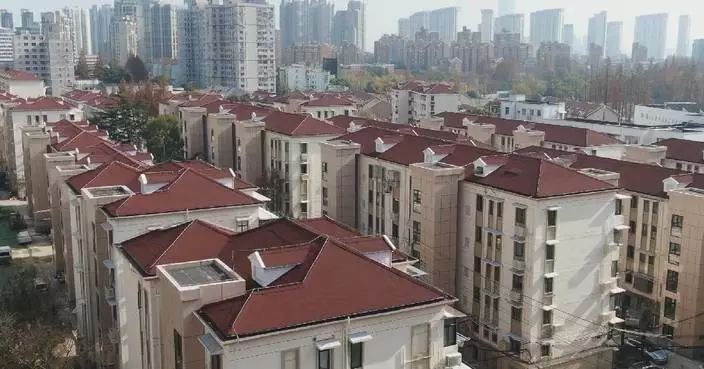Chinese President Xi Jinping left Brasilia on Thursday after attending the 19th G20 Leaders' Summit and paying a state visit to Brazil.
Prior to Xi's departure, Brazil's Agriculture Minister Carlos Favaro, Minister of Mines and Energy Alexandre Silveira, Minister of Ports and Airports Silvio Costa Filho and Commander of the Brasilia Air Force Base Miguel Angelo Cortes Salvio Junior, along with other senior officials, bid farewell to Xi at the airport.
On the way to the airport, representatives of overseas Chinese, Chinese institutions and students waved the national flags of China and Brazil on both sides of the road, congratulating Xi on the complete success of the visit. Xi arrived in Brasilia on Tuesday for a state visit to Brazil.
Xi traveled to Brasilia after attending the G20 Leaders' Summit in Rio de Janeiro, Brazil.

Xi leaves Brasilia after G20 Summit, state visit to Brazil

Xi leaves Brasilia after G20 Summit, state visit to Brazil
The European Central Bank (ECB) said on Wednesday in a report that financial stability vulnerabilities remain elevated in the euro area.
According to the November edition of its Financial Stability Review, the ECB considers the euro area's financial stability to be vulnerable in a "volatile environment".
"The outlook for financial stability is clouded by heightened macro-financial and geopolitical uncertainty together with rising trade policy uncertainty," ECB Vice-President Luis de Guindos said.
The ECB said that it has seen elevated vulnerabilities in a wide range of areas, although the financial sector in the euro area has withstood volatilities and proven to be resilient so far.
The equity and corporate credit markets, and equity markets may be exposed to volatility due to underlying vulnerabilities and non-bank financial institutions could amplify market stress, the central bank warned.
It also pointed out the possibility of recurring market concerns about sovereign debt sustainability in some eurozone countries where fiscal fundamentals remain weak.
Small and medium-sized companies and lower-income households could face strains if economic growth slows at a faster pace than expected, according to the report.
To ensure European banks' ability to absorb further asset quality deterioration, the ECB called on authorities in the euro area to keep their guard up by maintaining existing capital buffer requirements and ensuring sound lending standards.

Eurozone financial stability remains strained: ECB











